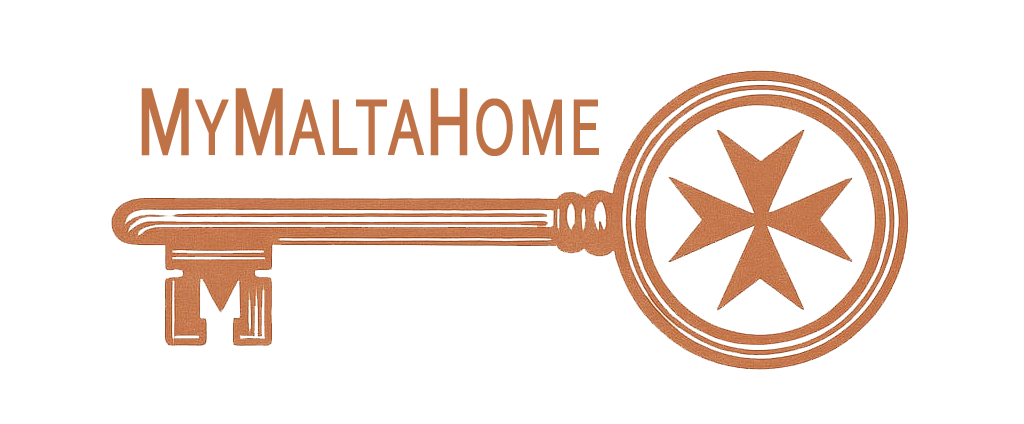Buying property in Malta has become one of the most attractive options for both locals and foreigners. Thanks to its sunny climate, EU membership, and a strong real estate market, Malta offers excellent opportunities for investment, retirement, or simply finding your dream Mediterranean home.
Who Can Buy Property in Malta?
EU/EEA/Swiss Nationals
Citizens of the EU, EEA, and Switzerland can buy property in Malta with few restrictions. If you have been a resident for more than five years, you may purchase multiple properties without needing special permits.
Third-Country Nationals (Non-EU Buyers)
Non-EU citizens can still buy property but will usually require an Acquisition of Immovable Property (AIP) permit. Conditions include:
- The property must exceed a minimum value set by law (around €150,000–€170,000 depending on type and location, though this figure is adjusted every few years).
- The property must be used as your residence or for approved rental purposes.
- Certain areas known as Special Designated Areas (SDAs) allow foreign nationals to buy freely, without an AIP permit. These include luxury developments in Sliema, St. Julian’s, Valletta Waterfront, and others.
The Buying Process
- Promise of Sale (Konvenju)
The buyer and seller sign a preliminary agreement with a notary public. At this stage, the buyer pays a deposit (usually 10% of the purchase price). - Due Diligence
The notary checks that the property has clear legal title, that permits are in place, and that no debts or claims exist. - Final Deed of Sale
Once due diligence is complete, the parties sign the final contract. At this point, the remaining balance is paid, and ownership is transferred.
Costs to Expect
When buying property in Malta, you need to budget for extra costs on top of the purchase price:
- Stamp Duty: 5% of the purchase price (sometimes reduced for first-time buyers or during government schemes).
- Notary Fees: usually between 1% and 2% of the price.
- Search and Registration Fees: smaller administrative costs handled by the notary.
- AIP Permit Fee (if applicable): currently €233.
Mortgages and Financing
Both locals and foreigners can apply for mortgages from Maltese banks. Lenders usually require:
- Proof of income
- Bank statements
- A down payment (often 10–30%)
- Life insurance and property insurance
Foreign buyers may face stricter lending criteria, but financing is available.
Do’s and Don’ts When Buying
✅ Do’s
- Hire a licensed notary to guide you through the process.
- Check if the property lies in a Special Designated Area (if you’re non-EU).
- Budget for taxes and fees beyond the property price.
- Visit the property more than once and inspect thoroughly.
❌ Don’ts
- Don’t skip due diligence — it protects you from legal or financial surprises.
- Don’t assume all properties can be rented out; check restrictions.
- Don’t rush — Malta’s market is strong, but patience helps you find the right property.
Why Buy in Malta?
Owning property in Malta isn’t just about real estate. It’s about lifestyle: 300 days of sunshine, a safe community, English as an official language, and excellent healthcare. Whether you prefer a modern seafront apartment, a traditional farmhouse in Gozo, or a townhouse in Valletta, Malta has a diverse range of homes.
With rising demand from locals and expats, property in Malta is seen as a stable long-term investment.
For an easier way to start your search, MyMaltaHome.com brings together listings from Malta’s top estate agencies in one place. You can browse, shortlist, and share properties without jumping between websites.
To learn more about the islands themselves, visit our guide: About Malta
